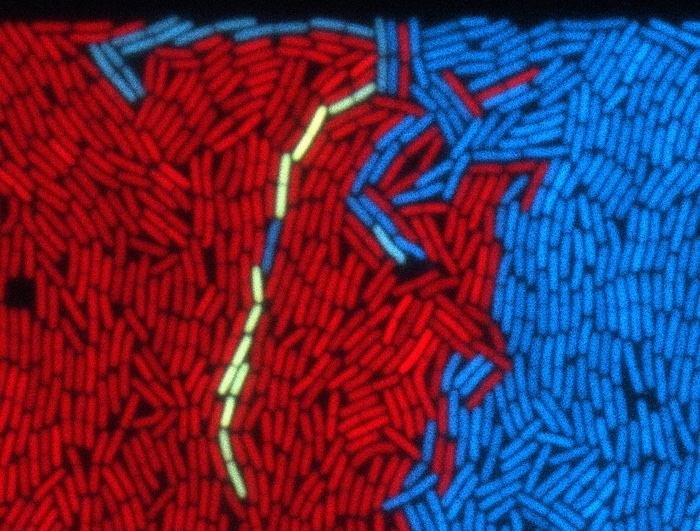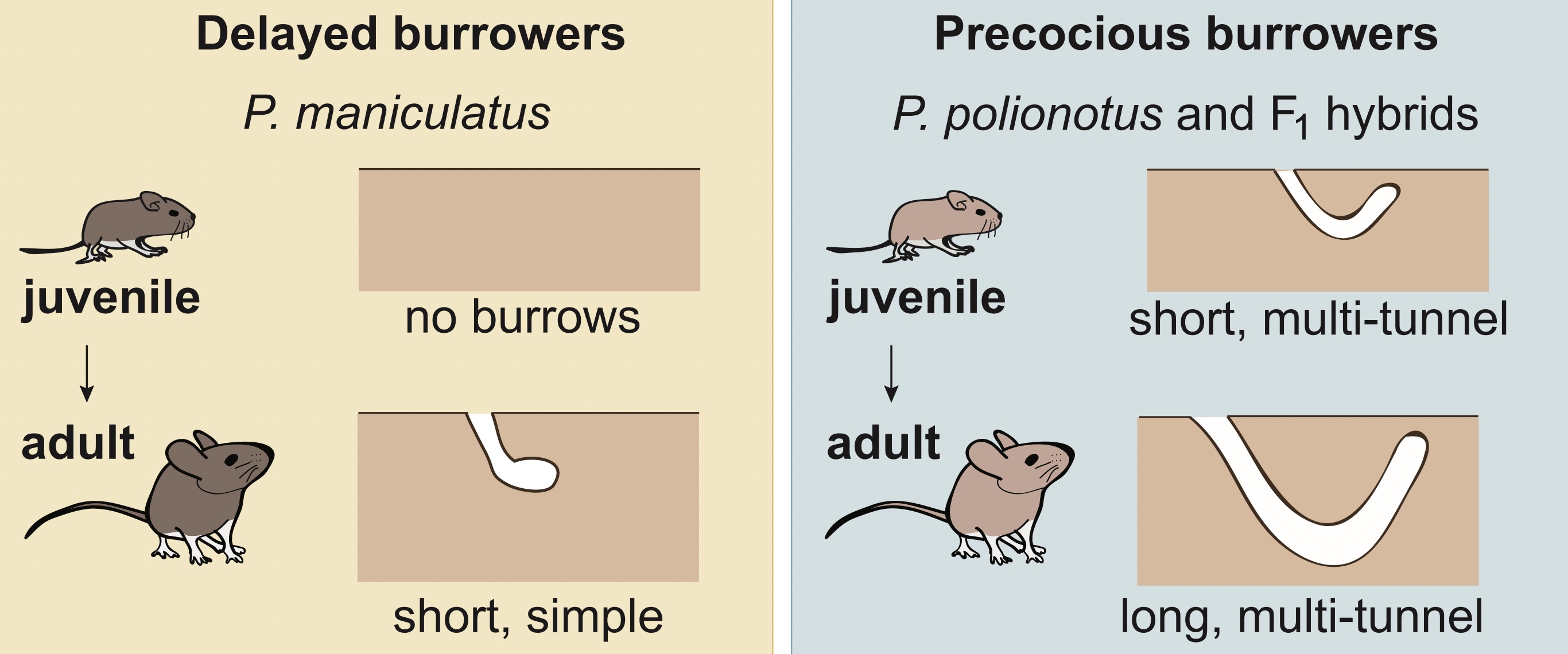Click here and press the right key for the next slide.
(This may not work on mobile or ipad. You can try using chrome or firefox, but even that may fail. Sorry.)
also ...
Press the left key to go backwards (or swipe right)
Press n to toggle whether notes are shown (or add '?notes' to the url before the #)
Press m or double tap to slide thumbnails (menu)
Press ? at any time to show the keyboard shortcuts

Philosophical Theories of Action

challenge
Discover why people act,
individually and jointly.
What distinguishes your actions from things that merely happen to you? (‘The Problem of Action’)
- kinematic features?
- desired outcomes?
- coordination of body parts?
action
mere happening
intended fall
accidental fall
comparable kinematics
skillful execution
lucky accident
comparable outcomes
toddler walking
infant walking reflex
comparable coordination
What distinguishes your actions from things that merely happen to you? (‘The Problem of Action’)
- kinematic features?
- desired outcomes?
- coordination of body parts?
- intention
Standard Answer: actions are those events which stand in an appropriate causal relation to an intention.
action
mere happening
intended fall
accidental fall
comparable kinematics
skillful execution
lucky accident
comparable outcomes
toddler walking
infant walking reflex
comparable coordination
What distinguishes your actions from things that merely happen to you? (‘The Problem of Action’)
- kinematic features?
- desired outcomes?
- coordination of body parts?
- intention
Standard Answer: actions are those events which stand in an appropriate causal relation to an intention.
Causal Theory of Action: an event is action ‘just in case it has a certain sort of psychological cause’ (Bach, 1978, p. 361).

challenge
Discover why people act,
individually and jointly.
complication: ‘reflex’ behaviours
action
mere happening
intended fall
accidental fall
comparable kinematics
skillful execution
lucky accident
comparable outcomes
toddler walking
infant walking reflex
comparable coordination

Metz, Bedford, Pan, & Hoekstra (2017, p. graphical abstract, part)
What distinguishes your actions from things that merely happen to you? (‘The Problem of Action’)
- kinematic features?
- desired outcomes?
- coordination of body parts?
- intention
Standard Answer: actions are those events which stand in an appropriate causal relation to an intention.
Causal Theory of Action: an event is action ‘just in case it has a certain sort of psychological cause’ (Bach, 1978, p. 361).
action
mere happening
intended fall
accidental fall
comparable kinematics
skillful execution
lucky accident
comparable outcomes
toddler walking
infant walking reflex
comparable coordination

challenge
Discover why people act,
individually and jointly.